Description
Lajwanti at sknatural is Mimosa pudica. It belongs to family “fabaceae”. In English it is shameplant. It majorly possesses antibacterial, antivenom, antifertility, anticonvulsant, antidepressant, aphrodisiac, and various other pharmacological activities.
Plant description:
Lajvanti is a striking perennial plant with bright green leaves and light brown bark, typically growing 1 to 2 feet tall. Its erect, slender stem branches out, while its bipinnate leaves add to its allure. Producing small baby pink flowers resembling fluffy balls, about 2 cm in diameter. Hence, it adds a delicate touch to its surroundings. Thriving under bright sunlight, Lajvanti prefers moist, well-drained soil.
Similar to its plant relatives, Lajvanti exhibits nyctinastic movement, where its foliage closes during darkness and reopens in light. Interestingly, this plant can alter the physicochemical properties of the soil it inhabits. Studies have shown a significant increase in total nitrogen and potassium levels in areas where Lajvanti is cultivated.
Chemical constituents:
The phytochemical analysis of the Lajvanti plant reveals a rich array of compounds, including alkaloids, flavonoids, coumarins, saponins, tannins, cardiac glycosides, phenols, terpenoids, hexosamine, deoxyribonucleic acid (DNA), and nitric oxide. Additionally, the root extract contains fatty acids, glycosides, essential oils, amino acids, phytosterols, and flavonoids.
Other notable phytochemicals found in this herb include mimosine, jasmonic acid, betulinic acid, stigmasterol, beta-sitosterol, dimethyl ammonium salt, glutathione, and superoxide dismutase.
Medicinal uses:
Lajwanti offers relief from piles and alleviates the burning sensation and discomfort associated with it, owing to its cold potency. The extracts of Lajvanti herb find applications in treating various skin conditions, such as rashes, fungal infections, dermatitis, psoriasis, and acne. Its antibacterial properties aid in combating a wide range of skin infections.
For relief from headaches, you can apply a thick paste of lajvanti leaves to the forehead. Moreover, Lajvanti helps prevent abnormal hair loss and baldness. Recognized for its antivenom properties, Touch-me-not was traditionally employed as an antidote for snake, cobra, and scorpion bites due to its anti-venomous activity. 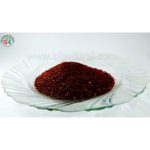
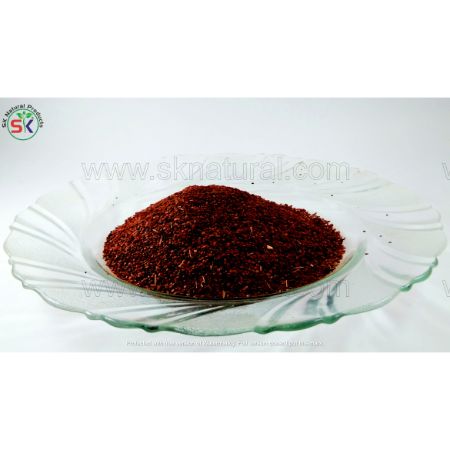

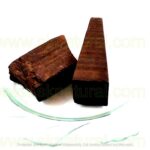
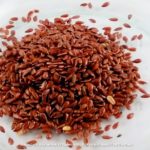
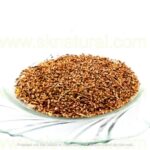

Reviews
There are no reviews yet.